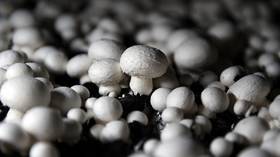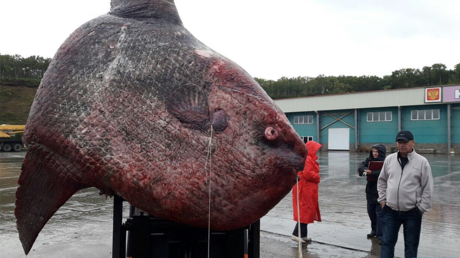Aussie hospital to treat dying patients with ‘magic mushrooms’ in bid to tackle anxiety

Terminally ill patients will be treated with ‘magic mushrooms’ at a hospital in Melbourne, Australia, as part of a new medical trial aimed at reducing anxiety in dying people.
It took more than a year for the trial at St Vincent’s Hospital to secure approval from the ethics committee and federal and state authorities. It’s now due to begin in April with 30 patients.
Participants will be given single does of synthetic ‘psilocybin’, a psychoactive ingredient found in mushrooms, which has been found to unlock part of the brain to alter the user’s outlook.
Also on rt.com Shroom for improvement: FDA lists psychedelic drugs as ‘breakthrough therapy’ for depressionBenefits of the treatment can last for six months or more. St Vincent’s Hospital say three out of 10 patients in palliative care suffer from extreme distress in their final months, which they’re hoping will be significantly reduced with the psilocybin dose.
The trial’s approval was helped by a recent study at John Hopkins University in the US, which found people suffering from cancer-related anxiety or depression had significant relief after taking one large dose of psilocybin.
READ MORE: Magic mushrooms are ‘safest drugs’ compared to LSD, ecstasy & cocaine – study
Late last year, six months into the Hopkins study, researchers found 80 percent of their 51 participants had significant decreases in depression and anxiety.
The trial also found users enjoyed an increased quality of life after receiving the dosage, with two-thirds of participants citing the aftermath as one of the top five most meaningful experiences in their lives.
Like this story? Share it with a friend!














